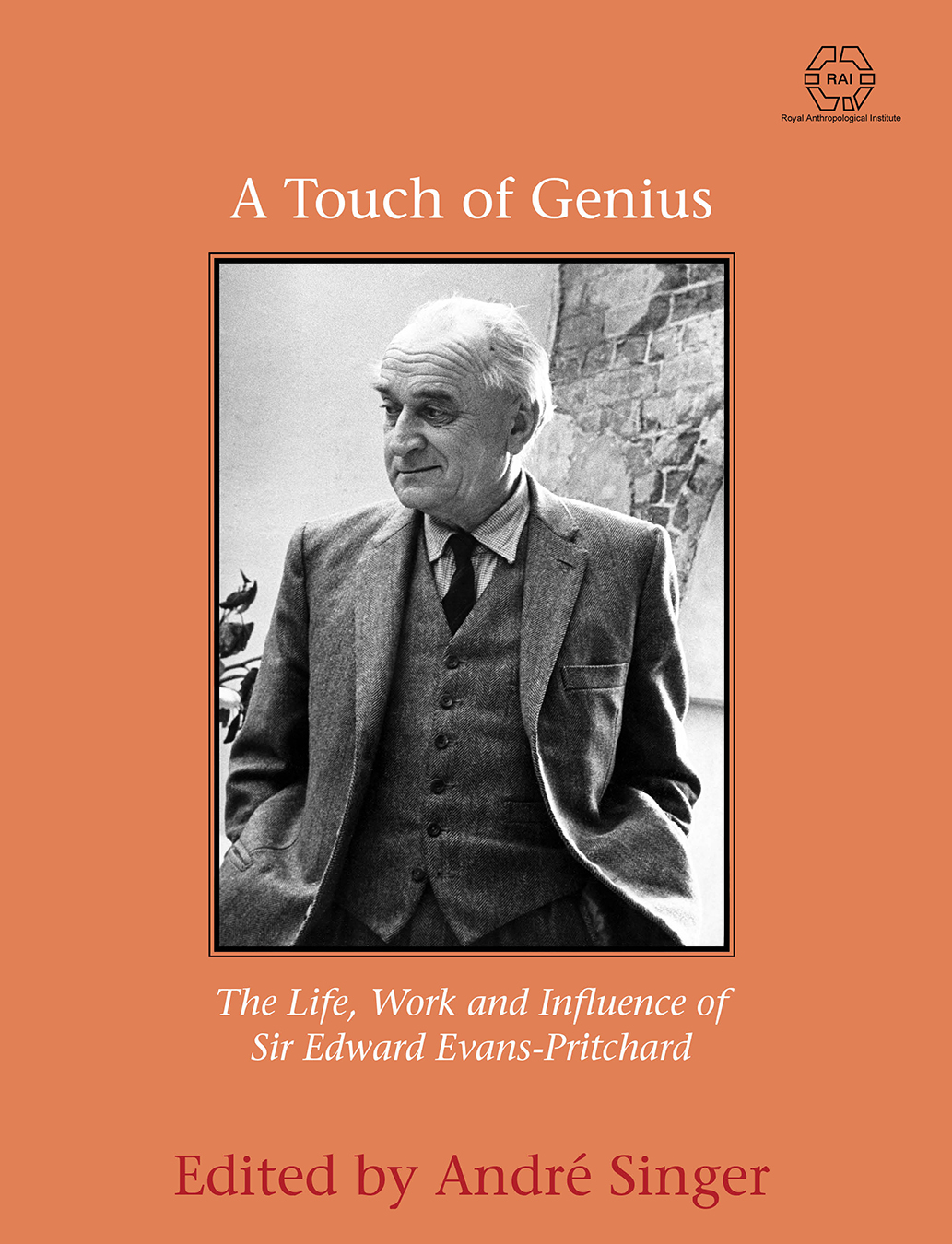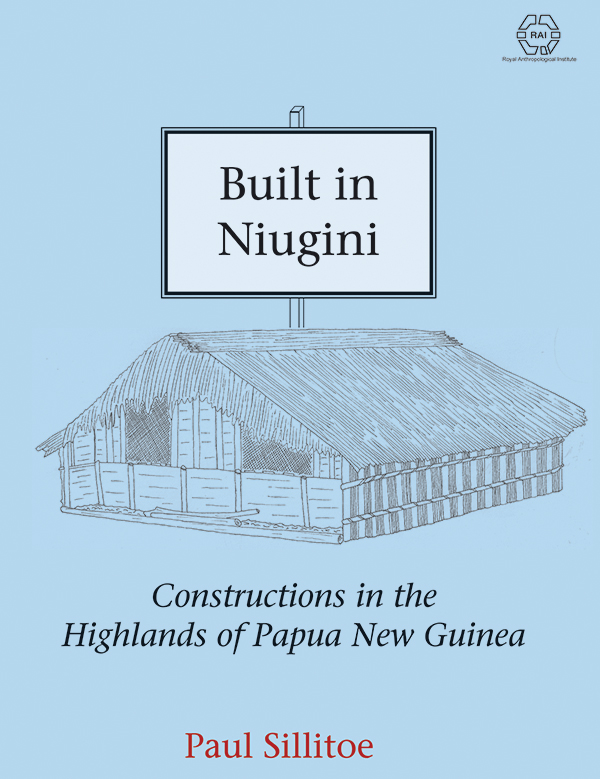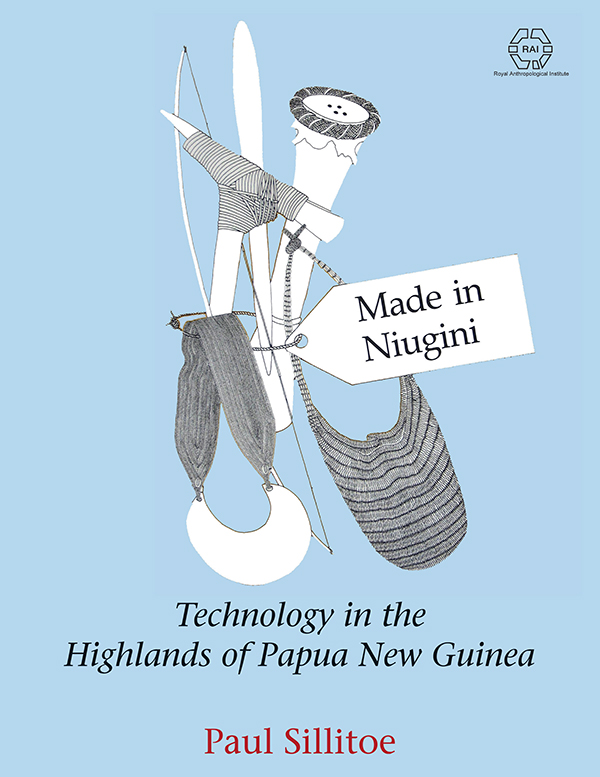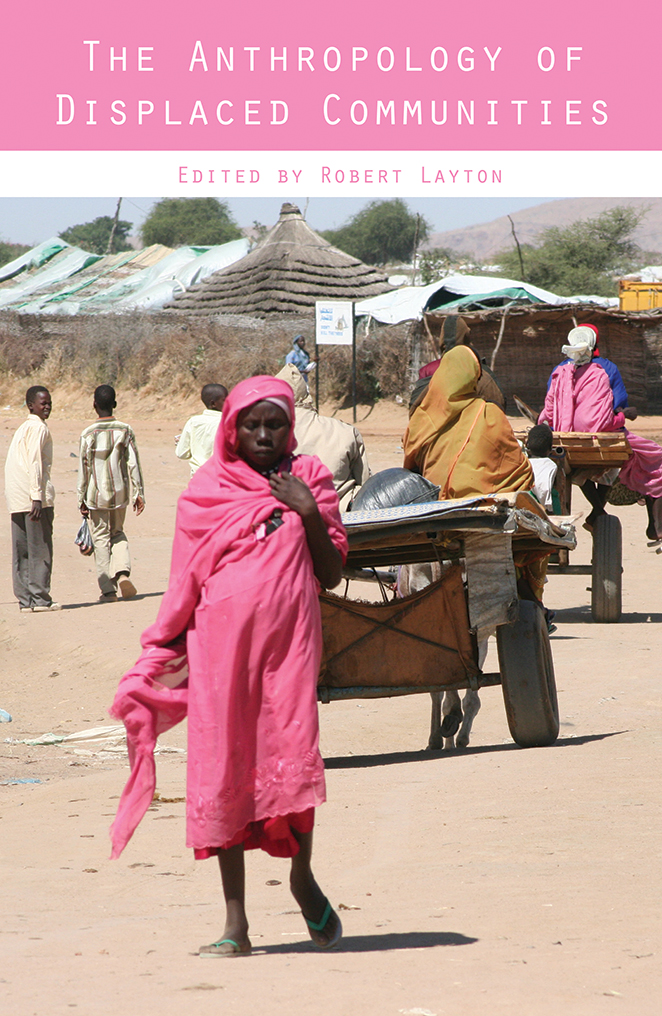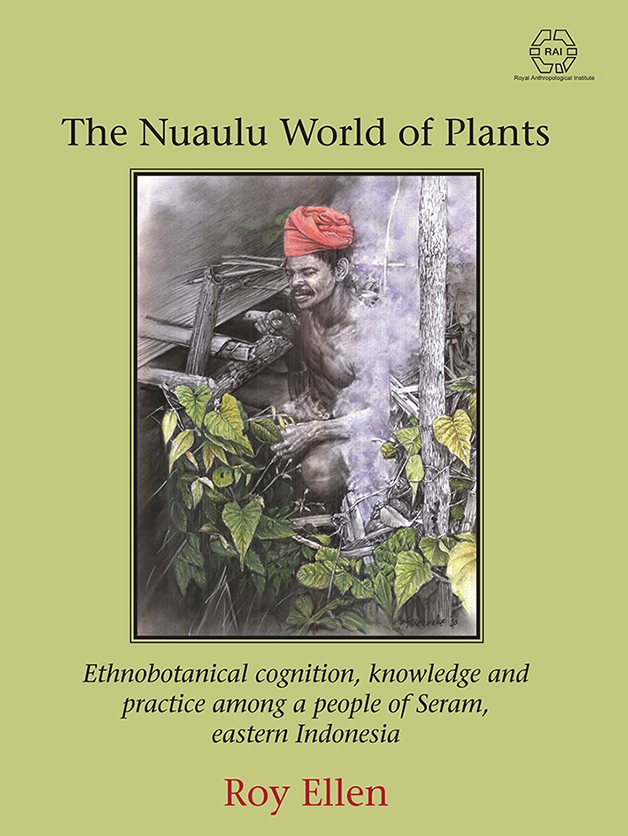- The RAI Book Series in Anthropology is intended to cover anthropology in its widest sense. Proposals are therefore welcome from any anthropological field, whether historical or contemporary.
- At present, an arrangement has been made with Sean Kingston publishing to publish these volumes in association with the RAI.
- The series editor is Professor Jeremy MacClancy.
- Single-author books are welcome. Edited volumes, coherently structured around a theme, are also eligible.
- Proposed manuscripts should be in English, no longer than 100,000 words. Though preliminary enquiries are welcome, any decision will only be made on the basis of a final manuscript.
- If found potentially suitable for publication, manuscripts received will be sent to referees. The decision of the RAI is final.
- The aim of the series is to provide a publishing outlet for work of the highest quality. Commercial considerations are therefore not paramount, but it is the aim to reinvest any surplus achieved in future projects.
- Authors are expected to cover any photographic reproduction costs, to correct the proofs, and to produce an index.
- Authors are welcome at any stage in their academic career.
- So that we can log all queries, expressions of interest should be made in the first instance to publications@therai.org.uk.

